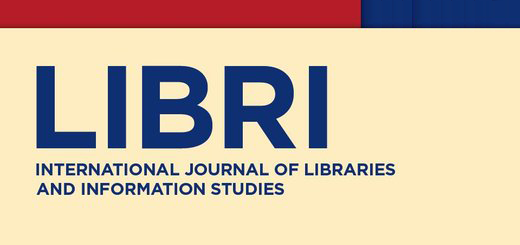
Study on Hungarian Librarianship

One of our colleagues co-authored the article entitled From divergence to convergence in Hungarian Librarianship: towards a common digital platform which was published in the latest issue of LIBRI journal. Rita Radó, student of ELTE ITDI (Doctoral School in Literary Studies) Library Science Doctoral Program has written a comprehensive article with Péter Kiszl, Head of the Library Science Doctoral Program, and fellow PhD student Miklós Hubay (PIM, Petőfi Literary Museum) on the evolvement/development trends of Hungarian librarianship.
The latest issue of LIBRI journal is available for reading at NSZL’s Library of Book History, Library and Information, but the study can also be downloaded freely.
Abstract of the article:
Hungarian librarianship and related research are sadly underrepresented in international literature. With this article we intend to fill this gap and inform the experts of library and information science of some of the most recent Hungarian innovations. After showcasing the international professional connections of Hungarian librarianship, we present the structure of the Hungarian public library network and its mode of operation. We also analyze current and future main digital development plans, projects and the most important related professional activities of Hungarian libraries. Emphasis is placed on information systems promoting cooperation between libraries and the issues of the National Library System Project, which is a large-scale modernization program carried out between 2016 and 2018, designed to develop the IT system of the National Széchényi Library. After introducing the information systems of academic and specialized libraries and the access models of scientific databases provided by multinational and Hungarian content services, we also discuss the endeavors of public libraries aiming for multifunctionality and community organization. The paper ends by providing insights into how the outcomes of the recent initiatives have been fed back into Hungarian LIS training courses offered in higher education.



